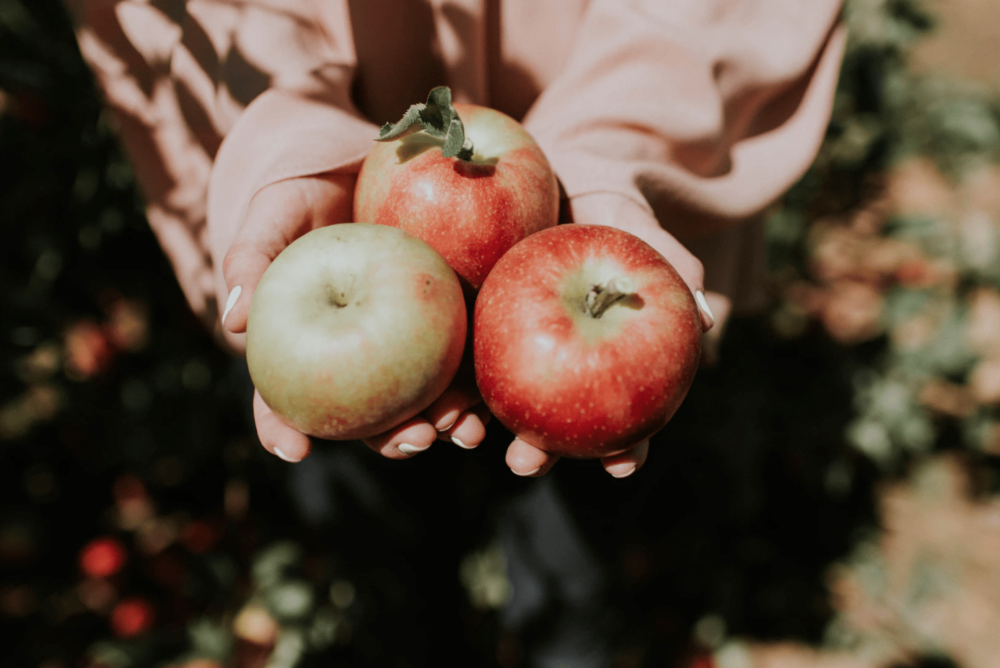US farmland investment platform FarmTogether claims to have just closed the largest single-asset crowdfunding in the sector to date.
The target is a 201-acre organic redevelopment property located in Franklin County, Washington, called Galaxy Organic Apple Orchard. The campaign raised $22 million for the operation.
Launched in 2017, San Francisco-based FarmTogether has developed what it describes as an end-to-end platform that enables investors to browse vetted farmland opportunities, review due diligence materials, and invest in properties. Users can execute documents related to the deal through the platform, too.
“The bigger part of our technology is the sourcing side, our Terra engine,” FarmTogether CEO Artem Milinchuk tells AFN.
“Farmland is an extremely fragmented market. There’s no Bloomberg or Zillow for farmland. So, finding information as well as properly structuring and analyzing it is a lot of work, which is why we still have not seen massive funds in farmland that you would expect from a $2.5 trillion real estate market.”
He also notes the struggles farmers face trying to access “creative capital” beyond traditional mortgages, which often fail to account for the particularities of running an agricultural enterprise.
Milinchuk spent a decade in finance working around food and agriculture before launching FarmTogether. While working for a Canadian pension fund, many of his friends in the tech space asked him how to diversify outside of the pure tech space. He realized that there were few options for farmland and FarmTogether was born.
The startup aims to provide accredited investors with access to institutional-grade farmland. During 2020, it reported a 178% growth of users. It cites investors’ increasing appetite for alternative assets and ESG options during pandemic-induced market volatility. FarmTogether also reported a 3,000% increase in investments on the platform, with multi-million dollar deals closing in less than one hour.
“Everyone from Morgan Stanley to Goldman Sachs is talking about the death of the 60/40 portfolio and the need to add alternatives,” Milinchuk says. “Farmland has always been a good investment. It has historically delivered attractive returns of 10% or 11% annually. It’s uncorrelated to most other asset classes which does wonders for almost every portfolio in terms of improving your risk/reward ratio.”
This is rewarding considering the investor skepticism that Milinchuk had to overcome initially. He learned that education is the key to convincing investors about the merits of adding farmland to their portfolios.
Fintech is a growing space within the agrifoodtech universe as entrepreneurs and investors learn more about the financial barriers that farmers face. While many of these offerings have originated in developing regions like India, efforts are popping up in North America, Latin America, and elsewhere.
Sustainability is a big draw for investors
The rise of sustainability as an investment goal has also made farmland an intriguing opportunity for investors. Farmland touches on eight out of the 17 UN Sustainable Development Goals, according to Milinchuk.
FarmTogether listed Galaxy Organic Apple Orchard as a high-quality prime orchard with a target net average cash yield of 19.6% and a target net IRR of 15%. With the new capital, the property will be replanted with two premium organic apple varietals: Cosmic Crisp and SweeTango. Washington State-based tree fruit growing, packing, and shipping company Stemilt Growers has been hired to run the operation.
To further up the sustainability ante, Stemilt has partnered with food waste fighting startup Apeel to apply its secondary skin to apples raised on the property. The startup, which attracted $250 million from the likes of Oprah and Katy Perry last year, uses a plant-derived solution to add an extra “peel” to the surface of fruits and vegetables. The coating is 100% edible and slows water loss and oxidation, two factors that lead to spoilage.
Of the $22 million raised, FarmTogether has earmarked roughly $14.1 million to improve the operation’s sustainability. In January, it announced a partnership with Leading Harvest, a recently formed non-profit organization dedicated to advancing sustainable agriculture. It provides assurance programs containing standards, audit procedures, training, education, reporting, and more to help growers meet sustainability goals.
As FarmTogether looks to the future, education remains a top priority. Many people view farming as unprofitable, according to Milinchuk. Ongoing discussions around things like natural resource use and carbon emissions in food production also pose roadblocks.
“It’s one of the most stable, resilient asset classes but somehow it is painted as this ultra risky, crypto-type investment, which it isn’t,” he says.
“That’s why we have to educate people on all sides of the marketplace on the opportunities here. Our overall mission is to democratize access to this asset class and to bring capital to farmers.”





